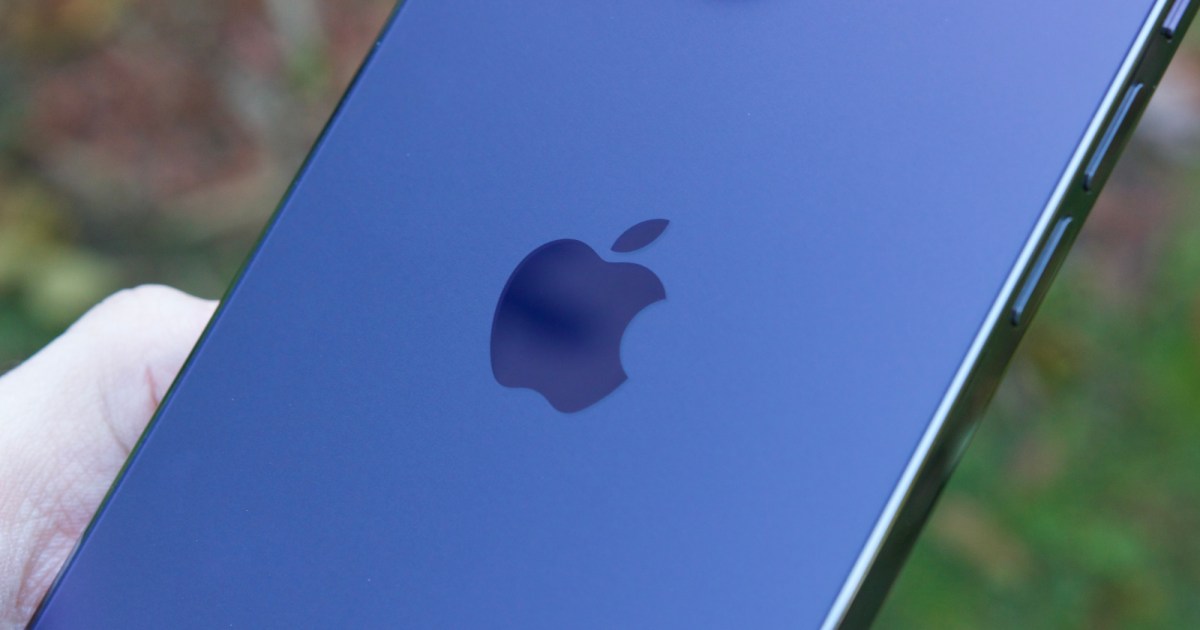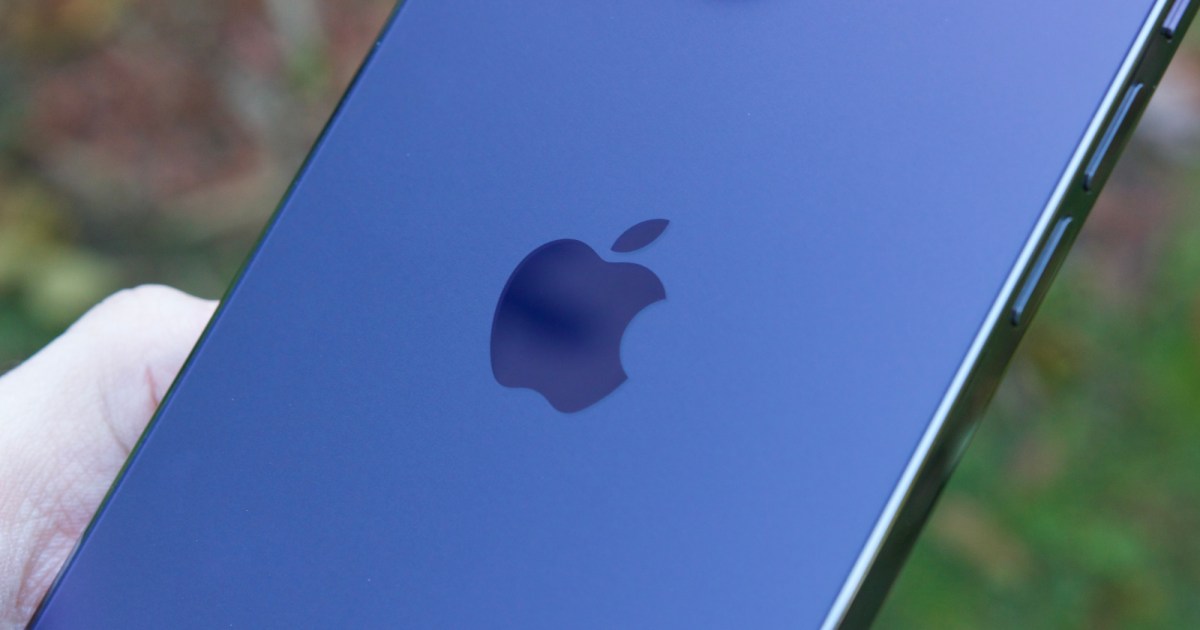
A scam that defrauded Apple out of millions of dollars’ worth of iPhones has led to the convictions of two of the perpetrators, with each facing up to 20 years in jail.
Haotian Sun, 33, and Pengfei Xue, 33, both Chinese nationals, were found guilty by a federal jury on Tuesday for participating in what the U.S. Attorney’s Office for the District of Columbia described as a “sophisticated” scheme that tricked Apple into replacing fake phones with the genuine article.
Between May 2017 and September 2019, Sun, Xue, and other conspirators sent more than 5,000 counterfeit iPhones to Apple, claiming that they needed to be repaired. This prompted the company to exchange them with real iPhones as replacements, with the ruse potentially costing Apple some $3 million.
“Sun and Xue received shipments of inauthentic iPhones from Hong Kong at UPS mailboxes throughout the D.C. Metropolitan area,” the Attorney’s Office explained. “They then submitted the fake iPhones, with spoofed serial numbers and/or IMEI numbers, to Apple retail stores and Apple Authorized Service Providers.”
Sun, of Baltimore, and Xue, of Germantown, Maryland, used various aliases during the scheme before being arrested in December 2019.
Both have now been found guilty of conspiracy to commit mail fraud and mail fraud, and the pair will be sentenced in June.
But this isn’t the first time Apple has fallen for this type of fraud, with the company having been targeted by similar scams on several other occasions in recent years.
In October 2019, for example, a Chinese student was jailed for three years after scamming Apple out of nearly $1 million when it sent out genuine iPhones to replace fake ones that the perpetrators said wouldn’t power up. The crime was exposed after customs officers opened a number of suspicious packages from Hong Kong and discovered that they appeared to contain counterfeit Apple handsets.
Editors’ Recommendations
Services Marketplace – Listings, Bookings & Reviews
